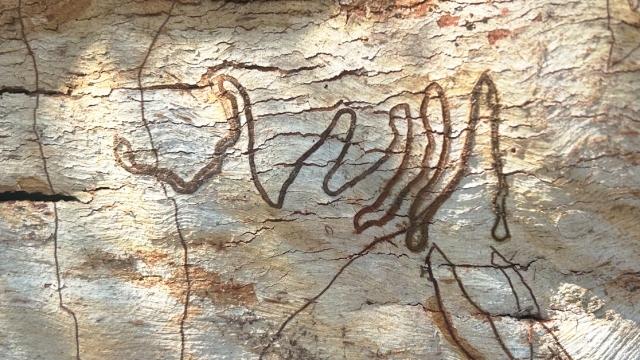
Applications are now open for the 2024 Humanities Research Centre Visiting Fellowship program.
The HRC Visiting Fellowship Program aims to attract outstanding researchers who will undertake high quality and innovative research whilst contributing to collegial research cultures across ANU and beyond. This may include collaborating with ANU academics, conversing with higher degree students and post-docs, presenting seminars or guest lectures, and attending our weekly social events.
The HRC annual theme for 2024 is “Time, Place, Everywhen”, also described below.
We encourage scholars from all over the world working in every discipline to apply for our visiting fellowships.
Applications close on Friday 20 October 2023. Deadline extended. Applications closing 31 October 2023
Guidelines for applicants, including the application form and eligibility requirementscan be found here.
Enquiries can be directed to hrc@anu.edu.au
HRC 2024 Annual Theme – Time, Place, Everywhen
2024 marks the half century of the ANU Humanities Research Centre (HRC). To celebrate its 50th year, the HRC is committed to supporting research into different ideas of time and place and paying respect to Indigenous people through the theme of ‘everywhen’.
Everywhen brings together a sense of ever-present time with people, culture, law, the landscape and cosmos. While the term is associated with ANU anthropologist W.E.H Stanner, the fusion of time and place has deep origins and broad application.
Via research projects, as well as lectures, advocacy and art, the HRC invites world-class Indigenous and non-Indigenous researchers to showcase the flourishing of the humanities and cognate fields by addressing the following questions and topics.
- How have people from around the world and throughout history integrated time and place?
- How can different conceptions of time and place unsettle practices of assimilation, extraction, and domination?
- Regenerative approaches to knowledge and culture in higher education and the Galleries, Libraries, Archives and Museums (GLAM) sector.
- Everywhen-related examples of art, activism, public engagement and collaboration that advance truth telling, healing and belonging.
- Through studies of language, literature, religion, material culture and history, what can be known and registered about everywhen and what can’t be?
- How can changing ideas of time and place foster creativity and wellbeing?